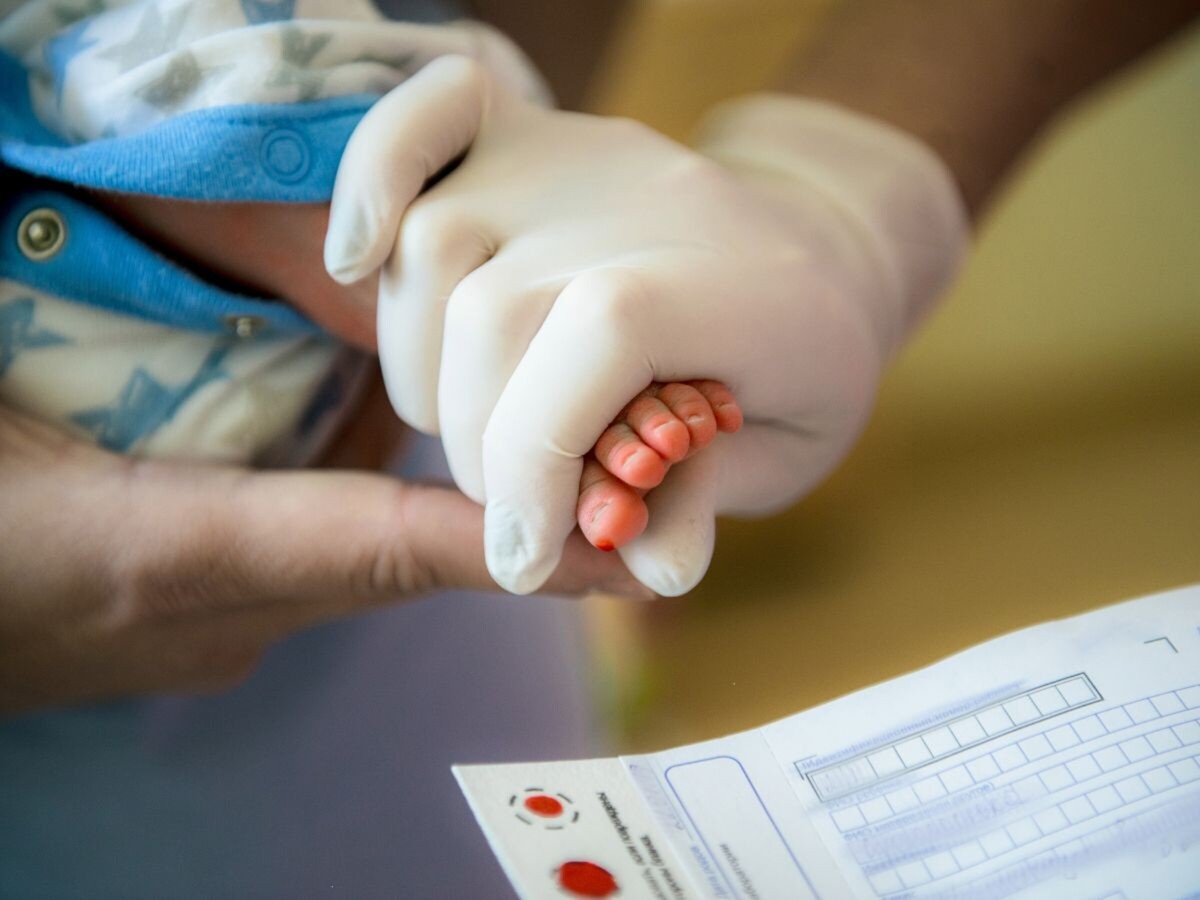New Jersey Sets Stricter Controls on Access to Newborn Bloodspot Data in Criminal Cases
Attorney General Platkin reinforces privacy with new directives limiting law enforcement access to sensitive medical records.
NEW JERSEY - Attorney General Matthew J. Platkin has issued a new directive that sets stringent controls on law enforcement's access to newborn bloodspot information from New Jersey's Newborn Screening Program. This initiative aims to strengthen privacy protections and public trust in the program, which screens newborns for a variety of health conditions shortly after birth.
Under Directive No. 2024-03, any law enforcement agency seeking access to these sensitive bloodspots must now undergo a rigorous approval process. This includes submitting a detailed request to the director of the State Division of Criminal Justice, which must articulate the exceptional circumstances warranting such access. Additionally, this request must be supported by specific legal documentation, moving away from the use of grand jury subpoenas to more stringent court-issued subpoenas or warrants.
The Newborn Screening Program, a cornerstone of public health in New Jersey, requires that all newborns undergo bloodspot screening within 48 hours of birth. This screening is vital for detecting serious illnesses and congenital disorders that could otherwise go unnoticed. While the program is designed to provide universal healthcare access, its success heavily depends on the confidentiality of the medical data it collects.
Historically, access to this data for criminal investigations has been exceedingly rare, with only five instances recorded over the past five years where law enforcement used such information. This low frequency highlights the program's primary focus on health rather than legal issues. However, even this limited use has prompted concerns about the potential erosion of public trust in such health initiatives.
“The Newborn Screening Program is an important public health program – and it is crucial for the success of the program that its information is kept private,” said Attorney General Platkin. “Today’s Directive adds new limits to ensure law enforcement agencies only seek such information in genuinely exceptional circumstances.”
“Today’s Directive demonstrates the Division of Criminal Justice’s commitment to using law enforcement tools in a manner that ensures the public trust,” said J. Stephen Ferketic, Director of the Division of Criminal Justice. “Under the Directive, stringent protocols will ensure that this information is only sought when appropriate and necessary.”
To address these concerns, the newly implemented Directive specifies that law enforcement can only access these records through a court-issued Dyal subpoena, a search warrant based on probable cause, or an administrative subpoena in cases involving missing persons or unidentified bodies.
Simultaneously, the Department of Health has announced revisions to its policy regarding the retention of newborn bloodspots. Moving forward, bloodspots linked to a child's identifying information will only be retained for two years unless a longer or shorter period is requested by the child's parent or guardian. These changes are intended to align with the new restrictions on law enforcement access, further ensuring that the privacy and integrity of the Newborn Screening Program are maintained.
This comprehensive approach not only underscores New Jersey's commitment to protecting individual privacy but also reinforces the critical balance between public health and law enforcement needs. As these policies take effect immediately, they mark a pivotal step in safeguarding sensitive health data while maintaining essential law enforcement tools within appropriate and justified limits.















